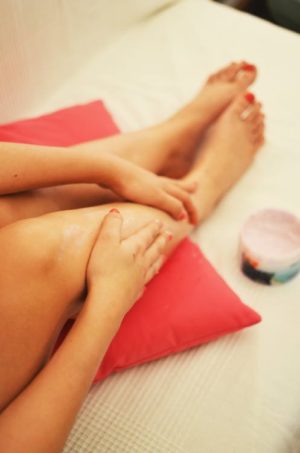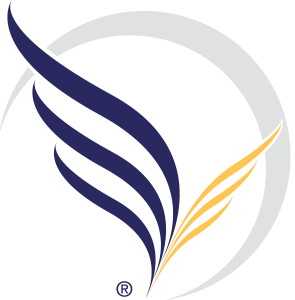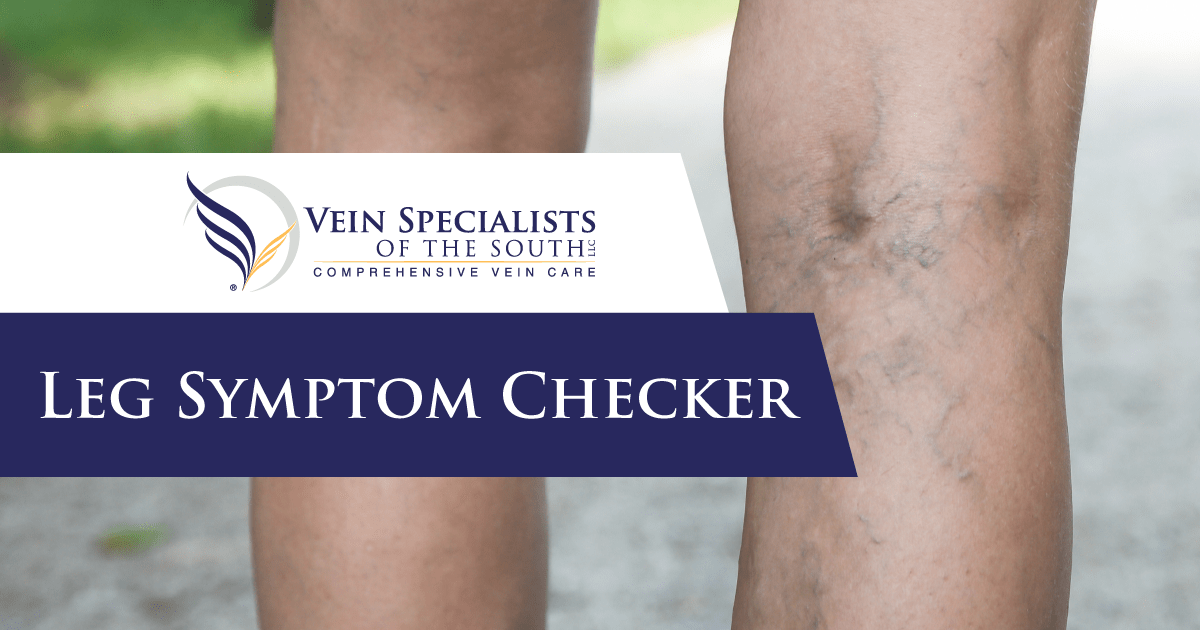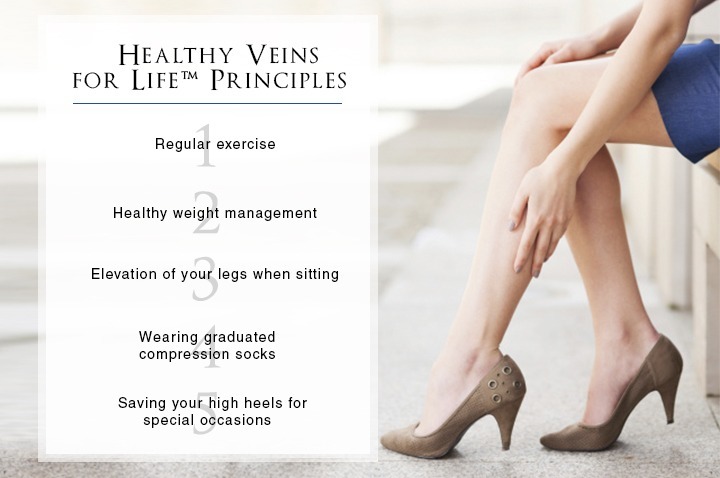Leg Symptom Checker: Are Your Symptoms A Sign Of Venous Disease?
Are your leg symptoms cause for concern? While leg symptoms like fatigue, heaviness, and aching can have harmless causes (go for a long hike recently?), they can also indicate the presence of underlying health problems. Find out what your leg symptoms could mean in our leg symptom checker.
Common Leg Symptoms And Causes
One of the most common leg complaints is discomfort and pain. Whether this pain occurs during times of physical activity or during periods of rest, it can be very unnerving to feel pain in your legs. Additionally, this type of pain can interfere with an active lifestyle and create issues with performing daily tasks.
The majority of leg pain is caused by mild muscle strain and daily wear and tear to leg muscles. We rely on our legs to carry us through every function of our day-to-day lives, so it’s no wonder that they bear the brunt of our physical activities. In some cases, persistent or severe leg pain can be a result of more serious conditions such as peripheral arterial disease (PAD), blood clots, poor venous circulation, or varicose veins.
Heavy Or Fatigued Legs

Heaviness and leg fatigue are most often related to an overuse of the muscles and ligaments. Simple day-to-day activities can contribute to fatigue and heaviness in the legs, and it doesn’t have to be a result of extreme forms of exercise. In many cases, simply resting more often and elevating your legs can relieve these bothersome symptoms. However, heavy and fatigued legs can also be a sign of underlying varicose veins or the presence of serious medical conditions.
Throbbing, Itching Or Burning Legs
Throbbing, itching and burning in the legs are common complaints in patients who have venous disease. If you have these symptoms and can’t determine the cause, such as muscle fatigue after a workout or dry skin conditions, you should see a vein specialist for an evaluation. In addition to venous disease, these symptoms can also be a sign of uncontrolled diabetes.
Swelling And Tightness Of The Legs
Swelling is another common and bothersome leg symptom and can affect any part of your legs, including the feet, calves, ankles or thighs. Leg swelling has two main causes: inflammation and fluid retention. Fluid retention is also known as lymphedema. Each of these has its own unique causes.
Leg swelling due to inflammation is often a result of injuries to muscles and ligaments within the leg. Pregnancy, high-sodium diets, or spending too much time on your feet can cause fluid retention. However, fluid retention can also be a sign of more serious conditions, like diabetes, DVT, a side-effect of medications, or cardiovascular disease including heart failure, hypothyroidism, and liver or kidney disease. The true cause of tightness and swelling needs to be determined so that the appropriate treatment can be administered.
Restricted Motion Or Difficulty Walking

The normal muscular activity of walking promotes healthy venous blood flow. Conversely, inactivity and problems with normal range-of-motion of the ankle and knee leads to pooling of venous blood. Increasing your levels of physical activity should provide relief in these cases. Other times, difficulties in walking can indicate a possible blood clot, venous ulcer, underlying venous disease or poorly controlled lymphedema.
Visible Veins On The Legs
Visible veins on the legs are next on our leg symptom checker. Visible veins include spider veins and varicose veins. While spider veins are smaller, superficial and cosmetic, varicose veins are larger, dilated superficial veins, which are more often associated with bothersome symptoms such as pain, itching and swelling. Unhealthy leg veins can lead to more serious health problems, including skin changes, leg ulcers, swelling, infection, blood clots, and bleeding. Therefore, it’s important to have them evaluated by a vein specialist.
Restless Leg Syndrome And Leg Cramps
Restless leg syndrome is the uncontrollable and involuntary need to move your legs, especially at night. Overuse of the leg muscles or nutrient deficiencies such as potassium or magnesium can cause leg cramps. RLS is common during pregnancy but can also be present at other times. RLS symptoms are often distressing, interfering with daily life and healthy sleep. Evaluation is advised to improve quality of life and check for serious health problems, such as varicose veins. Many patients with RLS report immediate improvement in their symptoms with treatment of their venous disease.
Other Leg Symptoms
Other leg symptoms that point to serious health problems include skin redness and heat. Both can be a sign of infection or blood clots. A herniated disc, arthritis, or damaged nerves can cause shooting or radiating pains in the legs. There are many more worrisome leg symptoms that aren’t listed here in our leg symptom checker. Therefore it’s important to discuss all leg symptoms with your primary care physician or one of our vein specialists.
Treatments For Leg Symptoms Associated With Venous Disease
Treatments for your leg symptoms will depend on many factors. We recommend customized treatment based on your leg symptoms, the cause(s) of those symptoms, and your medical history. We also provide you with conservative care options, including compression stockings, to help alleviate the uncomfortable symptoms associated with venous disease.













